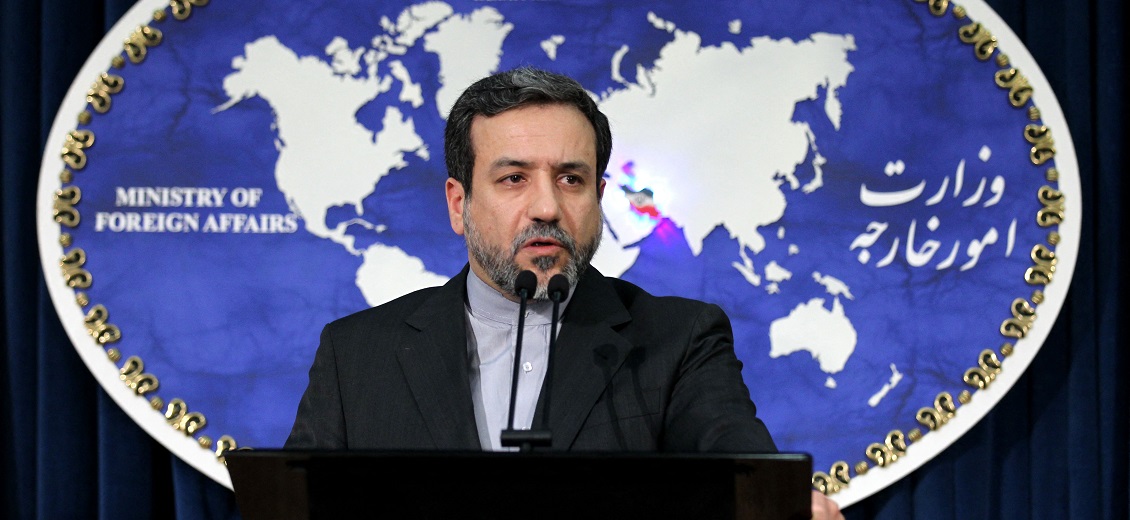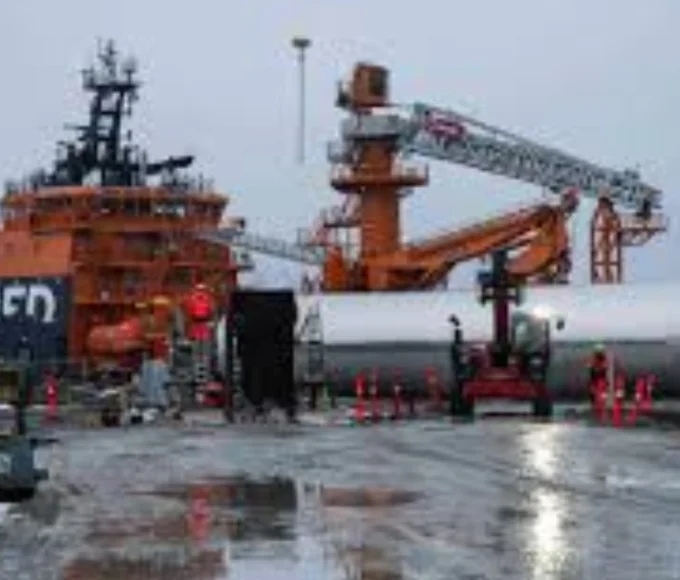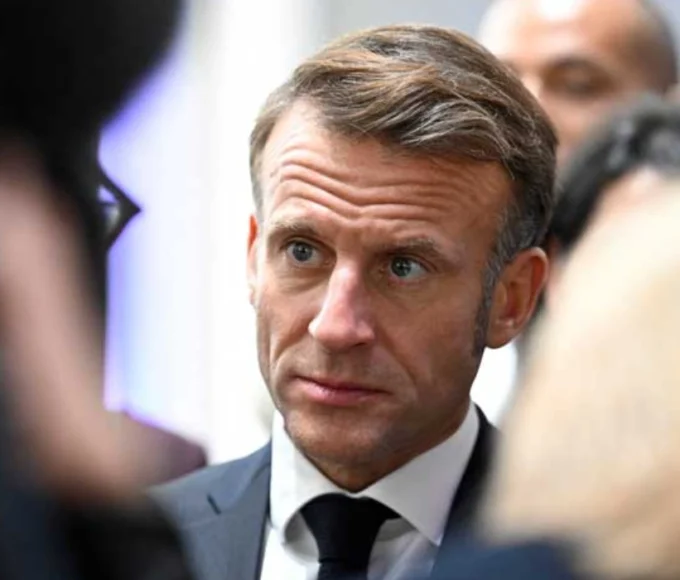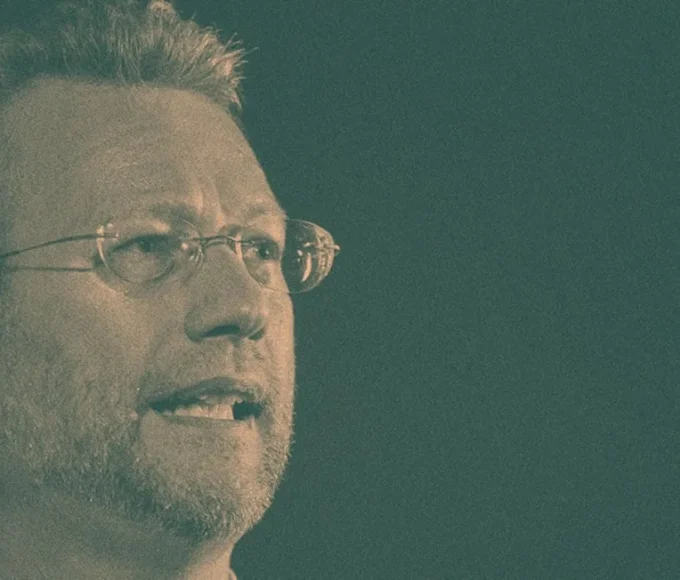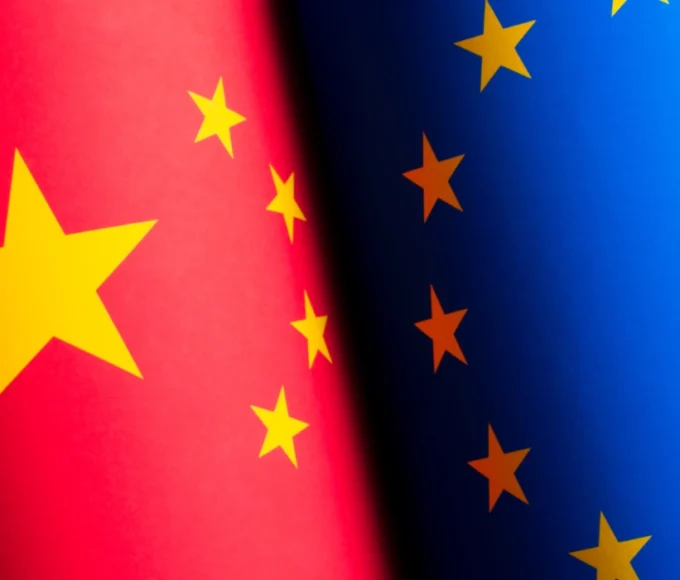The name of the nominee for the post of Iranian Minister of Foreign Affairs was made public on Sunday by Parliament Speaker Mohammad Bagher Ghaliba. Abbas Araghchi could therefore succeed Hossein Amir-Abdollahian, provided he receives the approval of Parliament and Supreme Leader Ali Khamenei. As a reminder, his predecessor died in a helicopter crash in May 2024, alongside former Iranian President Ebrahim Raisi.
Abbas Araghchi is an experienced Iranian diplomat with more than thirty years of career in the Ministry of Foreign Affairs. Born on December 5, 1962 in Tehran, he holds a doctorate in international law from the University of Kent in the United Kingdom.
Like many other Iranian politicians, Mr. Araghchi was a member of Iran’s Islamic Revolutionary Guard Corps (IRGC) during the Iran-Iraq War (1980-1988). His diplomatic career then began at the end of the latter, in 1989. He first held the post of Iranian ambassador to Finland between 1999 and 2003, then to Japan from 2007 to 2011. Later, he became deputy foreign minister under the moderate president Hassan Rohani, from 2017 to 2021.
But above all, Mr. Araghchi owes his notoriety to the fact that he was one of the key figures in the negotiations leading to the Iranian nuclear agreement (JCPOA), signed in 2015, before it was torpedoed by the Trump administration three years later. His appointment as foreign minister by Mr. Pezeshkian could therefore indicate a desire to ease relations with the West.
Like his president, Mr. Araghchi is seen as one of the “moderate” political figures in Iran, seeking to defend the interests of his country, while trying to find viable compromises with other stakeholders. Talents that will be necessary if his nomination is approved, in a particularly explosive context not only on the regional level in the face of Israel and the West, but also in the face of the hard line of the regime in his own country.
This article is originally published on icibeyrouth.com


